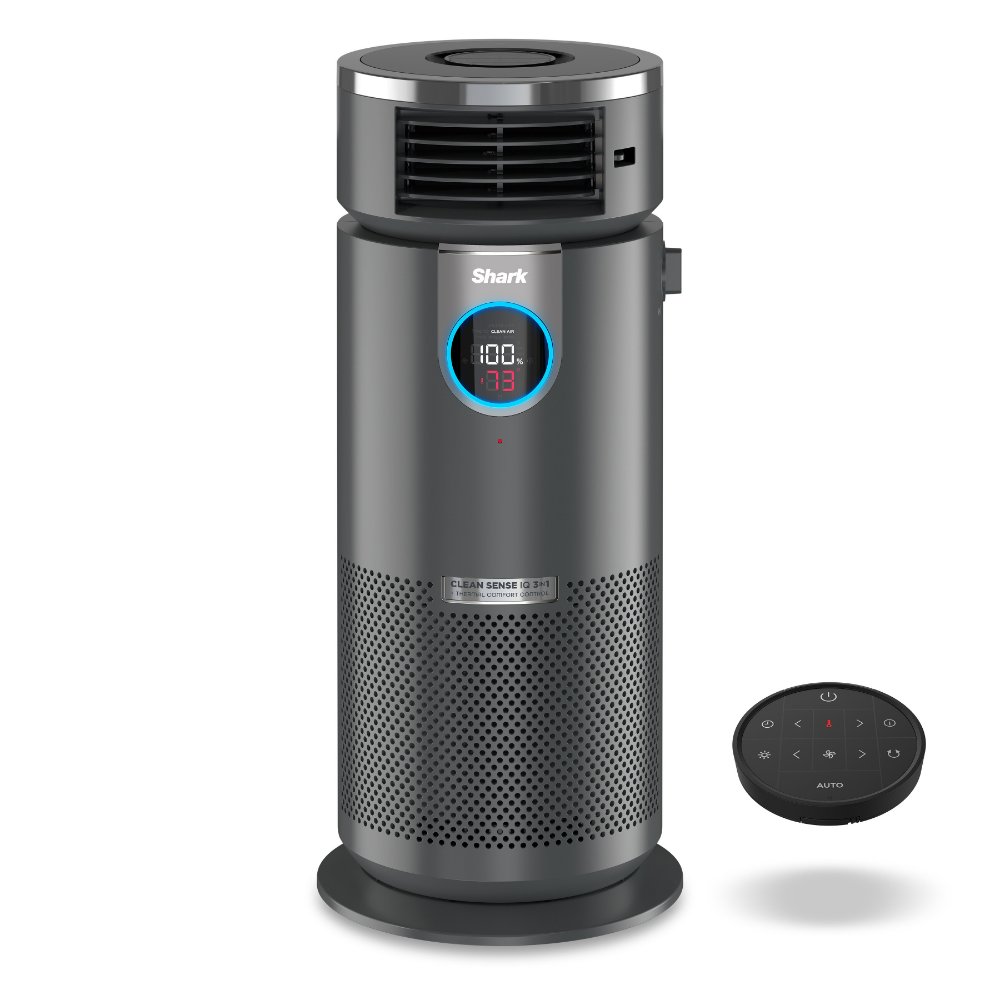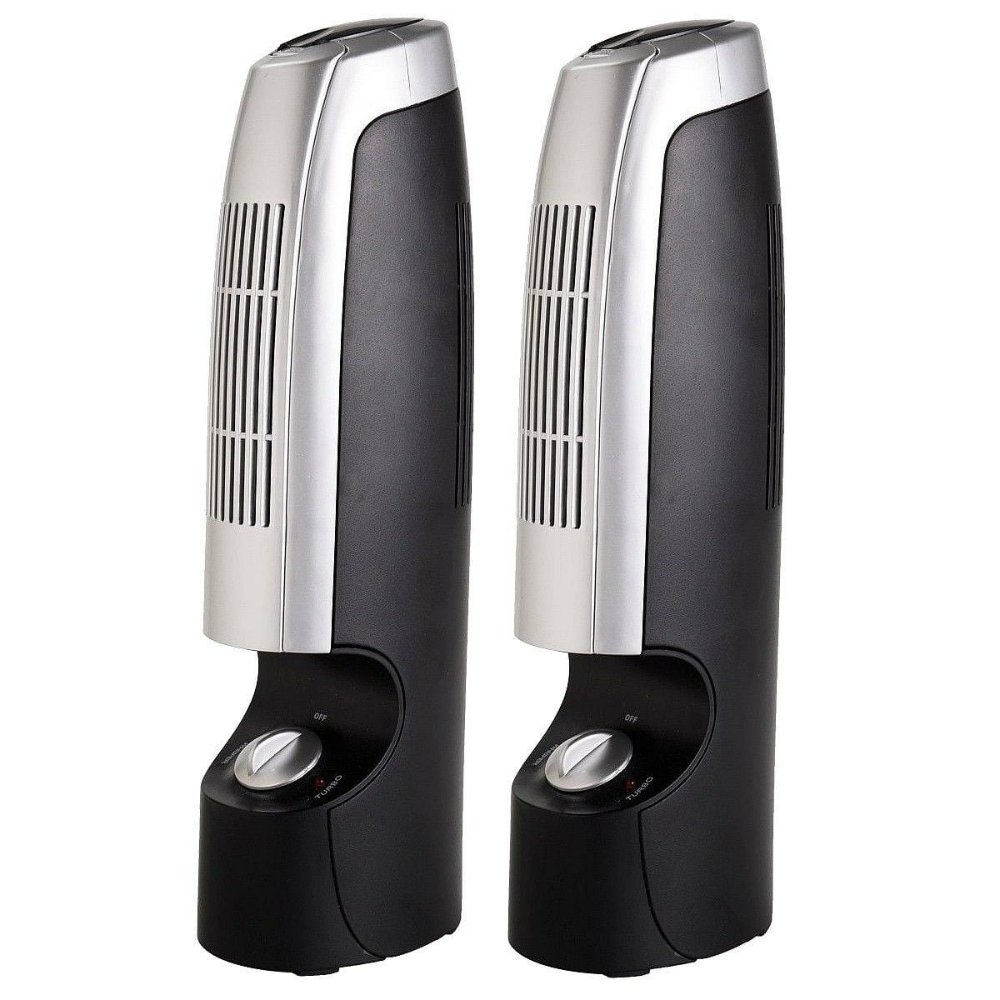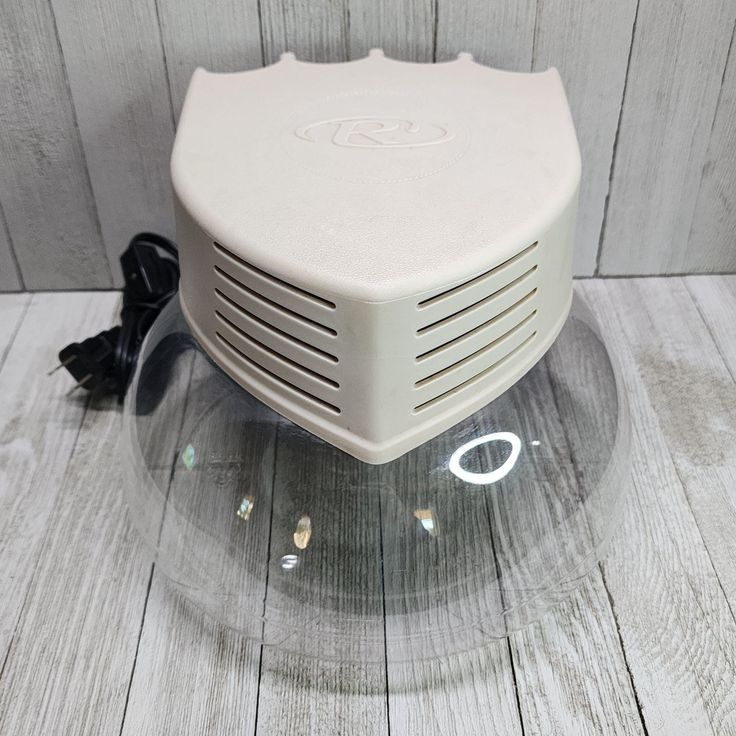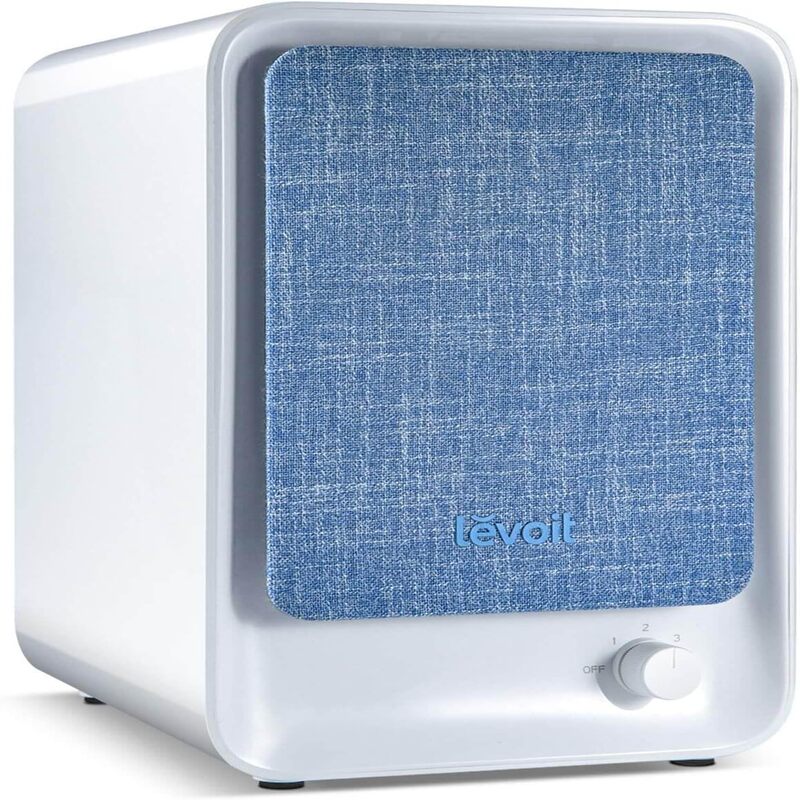Introduction to Air Cleaning Technologies
In the quest for a healthier indoor environment, two main technologies stand out: air ionizer vs air purifier. Both devices aim to eliminate airborne contaminants but operate differently with distinct mechanisms and outcomes.
Air ionizers work by releasing charged particles into the air. These charged particles attach to dust, pollen, and other airborne particles, making them heavier and causing them to settle out of the air. This process can reduce the amount of particulate matter floating in your living space.
Air purifiers, on the other hand, use filters to physically capture particulates from the air as it passes through the device. The most common types of filters include HEPA (High-Efficiency Particulate Air) filters, which are highly effective at trapping microscopic particles, including allergens and pathogens.
Choosing between an air ionizer and an air purifier depends on specific needs such as allergen removal, odor elimination, or general air cleanliness. Understanding how each technology functions provides a solid foundation for making an informed decision that aligns with your health and comfort requirements inside your home or office.

Key Differences Between Air Ionizers and Air Purifiers
When deciding between an air ionizer and an air purifier, it’s crucial to understand their differences to choose the best option for your needs. Let’s break down the key distinctions that set them apart:
- Mechanism of Operation: Air ionizers generate negative ions that attach to airborne particles, causing them to settle on surfaces or be trapped by a collection plate. Air purifiers, particularly those with HEPA filters, capture particles in densely woven material as air passes through.
- Effect on Particles: Ionizers tend to make particles settle, while air purifiers capture and remove them from the circulating air entirely.
- Maintenance Requirements: Ionizers usually have lower maintenance due to fewer mechanical parts and no filters to replace, unlike purifiers, which might require regular filter replacements.
- Area Coverage: Air purifiers are typically better for smaller, contained spaces due to their filtering process. Ionizers may cover larger areas but may not be as effective in highly polluted environments.
- Ozone Production: Some ionizers can produce ozone as a by-product, which has implications for indoor air quality and health, unlike filter-based air purifiers that do not emit ozone.
- Health and Safety: HEPA air purifiers are often the preferred choice for people with allergies or asthma since they effectively eliminate common allergens. On the other hand, ionizers may not be suitable for all especially if they produce ozone which might agitate respiratory issues.
- Cost Effectiveness: Initial costs for both devices can vary, but air purifiers might have higher long-term costs due to the need for filter replacements compared to the minimal maintenance of ionizers.
Understanding these differences will help in making a well-informed decision that aligns with your air cleaning goals, health considerations, and budget constraints.

How Air Ionizers Work
Air ionizers function by creating charged particles, known as ions, which are emitted into the air. These ions naturally seek out and bind to airborne pollutants such as dust, pollen, smoke, and even some types of bacteria and viruses. Once attached, the particles increase in weight and settle onto surfaces, effectively reducing the number of harmful substances floating in the room’s air.
The process involves no filters and relies on the physical property of ion attraction. Simple maintenance, such as wiping down collecting plates or surfaces where particles accumulate, is often all that’s needed. This can make ionizers appealing due to their low upkeep compared to purifiers with filters that require regular replacement.
It’s important to be mindful, however, that some air ionizers may produce ozone as a by-product. Ozone is known to have harmful effects on health, especially for those with respiratory conditions like asthma. When considering an ionizer, look for models designed to keep ozone production within safety standards to ensure a healthier environment.
While air ionizers are efficient at removing smaller, lighter airborne contaminants, they are not always the best option for larger particles or allergens since these may remain in the air longer before settling. Additionally, since particles settle on surfaces, regular cleaning is necessary to remove this matter completely from the indoor environment. Choosing an air ionizer involves weighing the benefits of easy maintenance with the particular air cleaning requirements of your space.

How Air Purifiers Operate
Air purifiers clean the air using fans and filters. They pull air in and pass it through one or more filters. These filters capture impurities such as dust, pollen, and smoke. The cleaned air is then released back into the room.
The most common filter used in air purifiers is the HEPA filter. HEPA stands for High-Efficiency Particulate Air. It can trap particles as small as 0.3 microns. This includes most allergens, some bacteria, and other harmful particles.
The operation of air purifiers is relatively simple:
- Air Intake: The fan draws air into the purifier from the room.
- Filtration: Air passes through filters, which capture pollutants.
- Air Output: The purified air is circulated back into the room.
Regular maintenance, such as replacing filters, is needed to keep the purifier effective. The frequency of replacement depends on the purifier model and the air quality in your home.
Air purifiers do not emit ozone as they clean. This makes them a safe choice for improving indoor air quality, especially for those with respiratory issues.
Comparative Analysis: Effectiveness in Air Cleaning
When assessing the effectiveness in air cleaning, both air ionizers and air purifiers have their strengths and limitations.
Air Ionizers: These devices are adept at reducing airborne particles such as dust and smoke. The charged ions bind with pollutants, causing them to fall out of the air. This mechanism can be particularly efficient for smaller particles that are not easily trapped by filters. However, ionizers may struggle with larger particles, and settled pollutants still require physical cleaning to remove them from your home.

Air Purifiers: Typically featuring HEPA filters, air purifiers excel at capturing a broad range of particles, including allergens, mold spores, and some microbes. These devices can trap pollutants as small as 0.3 microns, which means they are very effective at filtering the air for asthma and allergy sufferers. Regular filter changes are necessary to maintain their high performance.
In conclusion, if your primary concern is reducing fine particulates like smoke or certain bacteria, an air ionizer might be helpful. For a comprehensive approach to removing a wider array of contaminants, a HEPA air purifier is generally considered more effective. Ultimately, the best choice depends on your specific air cleaning needs and environmental conditions.
Maintenance and Costs: Ionizers vs. Purifiers
Choosing between an air ionizer and a purifier also hinges on maintenance and costs. Let’s dive into what each entails:
- Ionizer Maintenance: Ionizers usually demand less upkeep. They often lack filters, which cuts down on replacements. Regular cleaning of the collection plates or areas where dust accumulates is the main task. This simplicity can make ionizers a budget-friendly choice over time.
- Air Purifier Maintenance: Purifiers require more frequent maintenance due to filters. HEPA filters, found in most air purifiers, need replacing every few months to maintain efficiency. This leads to ongoing costs that can add up throughout the purifier’s life.
- Operating Costs: Besides maintenance, the operating costs should factor in. Ionizers typically consume less energy, leading to lower electricity bills. In contrast, purifiers with fans and multiple filtration stages may use more energy, adding to long-term expenses.
- Initial Investment: The cost to purchase either device varies widely. Ionizers can have a lower starting price, but high-end models exist. Purifiers range from affordable options to pricey, sophisticated systems.
- Cost-per-Use Analysis: Consider cost-per-use. Ionizers might offer savings over time, with less need for parts replacement. Purifiers could have higher ongoing costs but often provide better overall air quality.
In summary, weigh the upfront costs against the maintenance and operating expenses. This will help determine the more cost-effective option for your indoor air quality needs.
Health and Safety Considerations
When choosing between an air ionizer and an air purifier, health and safety are paramount. Carefully consider any health conditions, such as asthma or allergies, that may be affected by your choice. Here’s a brief overview of the health implications for each device:
- Air Ionizers: While these devices can reduce airborne particles, some may emit ozone as a by-product. Ozone at high levels can exacerbate respiratory issues and is especially harmful to individuals with asthma, COPD, or other lung conditions. Look for ionizers that meet established safety standards for ozone emission to mitigate potential risks.
- Air Purifiers with HEPA Filters: Often a safer choice, HEPA air purifiers do not emit ozone. They’re highly effective at removing allergens and fine particulates which can be beneficial for people with allergies and respiratory conditions. They can help improve air quality without introducing new hazards. However, remember to change filters regularly to avoid accumulated pollutants becoming a source of irritation or infection.
- Noise Considerations: For some, the noise generated by the fan in air purifiers might be a comfort or disturbance issue. Devices with a ‘quiet mode’ or low decibel level might be worth considering if noise is a concern for you.
- Room Size and Ventilation: Ensure that the device is appropriate for the room size and well-ventilated areas to prevent the accumulation of any by-products or settled particles from becoming a problem.
- Cost vs Health Benefit: While ionizers might have lower operational costs, the risk of ozone production could outweigh the savings for sensitive individuals. HEPA purifiers might incur a higher maintenance cost, but the health benefits for those with respiratory sensitivities often justify the investment.
In summary, it’s essential to balance health and safety considerations with cost and maintenance when choosing between an air ionizer and an air purifier. For those with health concerns, particularly respiratory conditions, a HEPA air purifier tends to be the preferred option to ensure clean, safe indoor air.
Conclusion: Choosing What’s Best for Your Needs
Concluding our discussion on air ionizers versus air purifiers, your choice hinges on specific needs for clean air, health concerns, and budget. Here are key points to consider when making a decision:
- Assess Air Quality Goals: Reflect on whether your main issue is odors, allergens, or general air quality. HEPA purifiers excel at trapping allergens, while ionizers may better target odors.
- Consider Health Effects: If you have asthma or allergies, avoid ionizers that emit ozone. Opt for a HEPA purifier to safely remove allergens without harmful by-products.
- Examine Space Size: Match your device to the area. Purifiers work well in smaller, confined spaces. Ionizers might handle larger areas but may not remove all pollutants.
- Weigh Maintenance and Costs: Ionizers generally require less upkeep and can be cheaper in the long run. HEPA purifiers offer superior air cleaning but need regular filter replacements, increasing costs.
- Check for Safety Certifications: Look for devices that meet safety standards, especially concerning ozone emission.
- Balance Initial and Ongoing Expenses: While ionizers may have lower starting costs, purifiers provide a higher level of air purification, justifying their price.
- Judge Noise Levels: If purifier noise is a concern, seek out models with a quiet mode. Ultimate comfort should not be overshadowed by a device’s operation noise.
Making the right choice ensures cleaner air, enhanced well-being, and peace of mind at home or in the office. A little research goes a long way in choosing an air cleaning solution tailored to your personal and environmental needs.